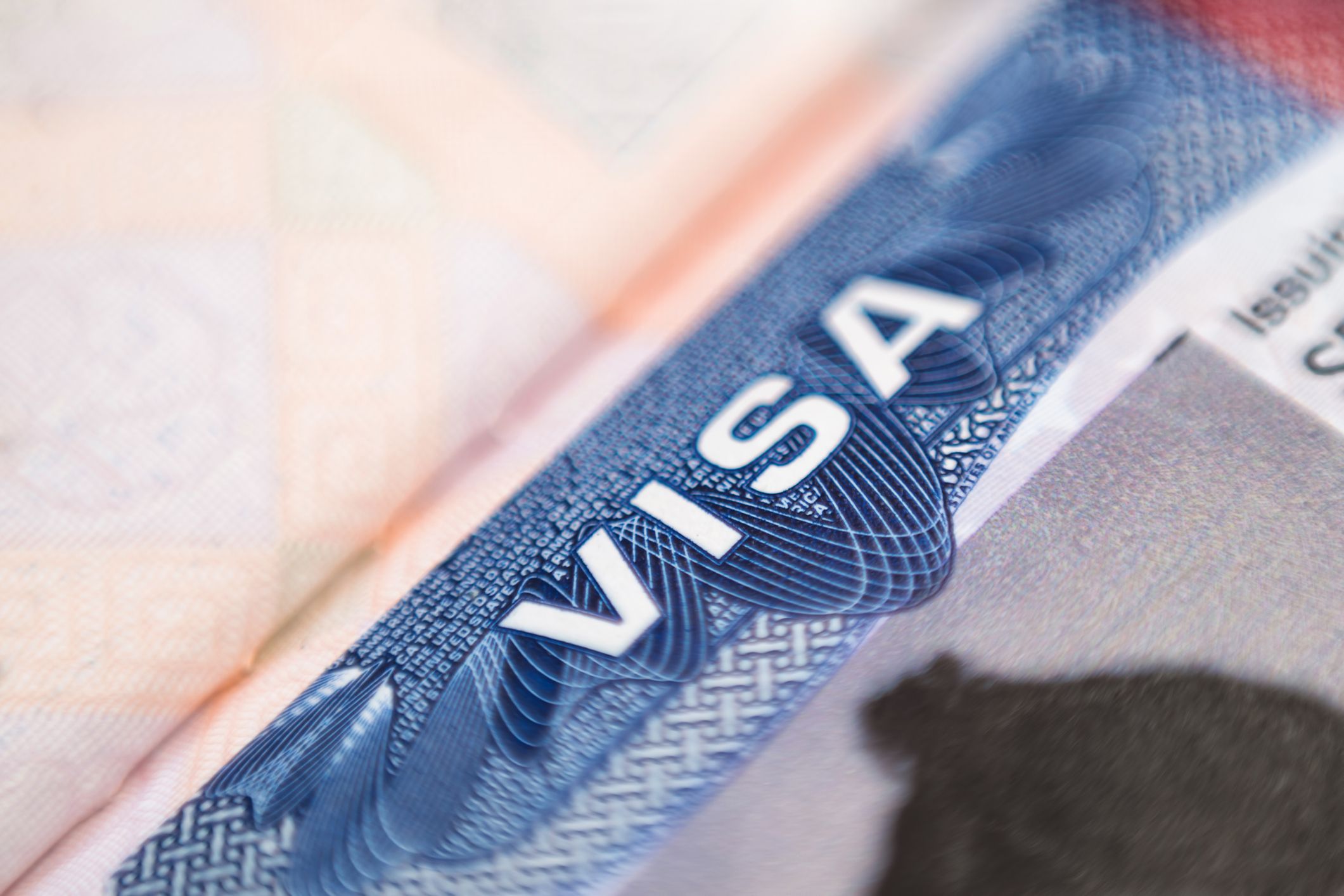$3,800 Flights and Aborted Takeoffs: How Trump’s H-1B Announcement Panicked Tech Workers
In April 2020, President Trump announced a temporary suspension of immigration to the United States, including the H-1B visa program. This decision sent shockwaves through the tech industry, where many companies rely on highly skilled foreign workers to fill crucial roles.
As news of the announcement spread, tech workers already in the US on H-1B visas began to panic. Many feared that they would be unable to renew their visas or would face difficulties returning to the country if they left. Some even reported paying exorbitant prices for last-minute flights back to the US.
Additionally, companies that had plans to bring new H-1B workers to the US were left in limbo, unsure of how the suspension would impact their hiring processes. Some reported having to cancel flights and accommodation bookings for employees who were set to relocate.
The uncertainty caused by Trump’s announcement highlighted the dependence of the tech industry on foreign talent. Many tech workers argued that the H-1B program was essential for filling skills gaps and driving innovation in the US.
While the suspension was initially intended to last for 60 days, it was later extended until the end of the year, further adding to the anxiety and frustration of tech workers affected by the decision.
The announcement also sparked debate about the long-term impact of restricting immigration on the US tech sector. Critics argued that limiting access to foreign talent would hinder the industry’s ability to compete on a global scale.
Overall, Trump’s H-1B announcement served as a wake-up call for the tech industry, highlighting the vulnerability of the sector to changes in immigration policy. It also underscored the need for comprehensive immigration reform that takes into account the contributions of foreign workers to the US economy.
As the tech industry continues to navigate the challenges posed by the COVID-19 pandemic and changing immigration policies, the debate over the future of the H-1B visa program is likely to remain a contentious issue for years to come.
